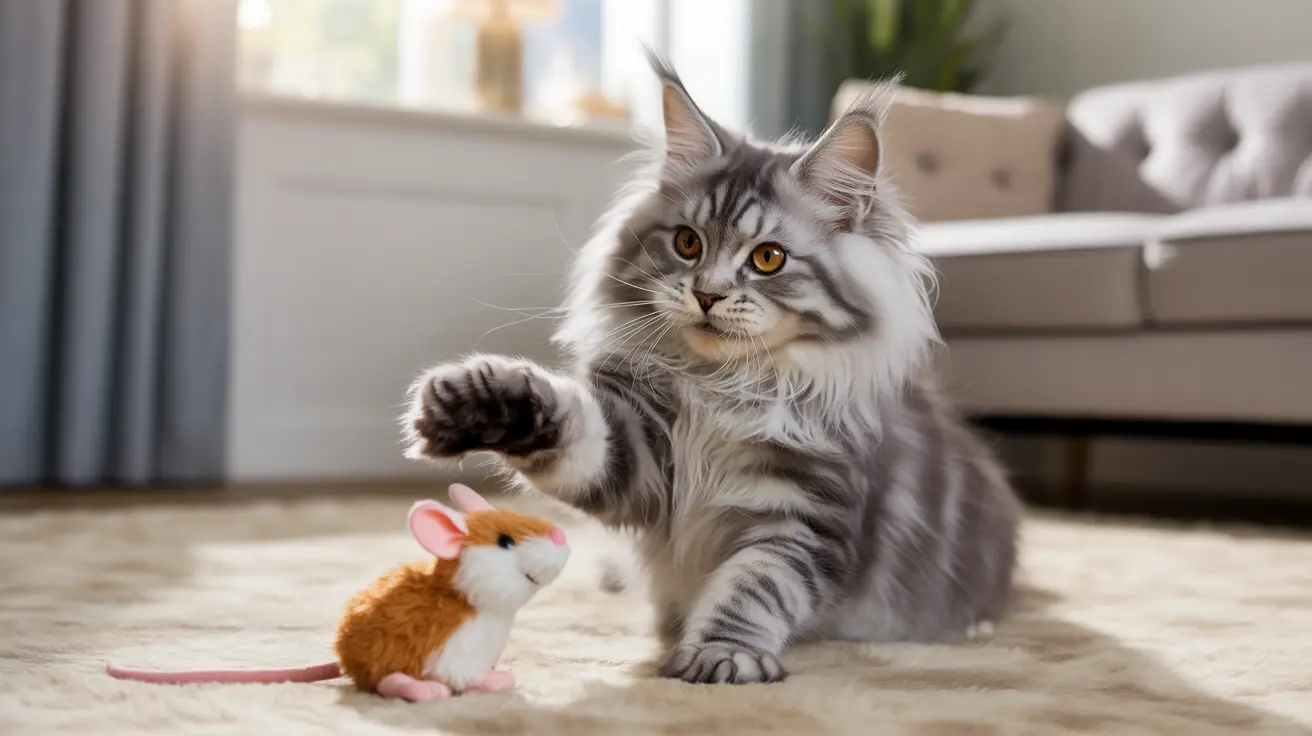Why Liposuction Isn't Performed on Cats
Veterinarians do not perform liposuction on cats for several crucial reasons. First, cats have unique physiological responses to surgical procedures and anesthesia that make liposuction particularly risky. Their smaller size and different fat distribution patterns also make the procedure technically challenging and potentially dangerous.
Additionally, removing fat through liposuction doesn't address the underlying causes of feline obesity, which typically involve dietary and lifestyle factors. This means any fat removed would likely return if these root causes aren't addressed.
Safe and Effective Weight Management for Cats
Instead of seeking surgical solutions like liposuction, veterinarians recommend proven methods for managing feline weight:
- Portion control and measured feeding schedules
- High-quality, species-appropriate diet
- Interactive play sessions and environmental enrichment
- Regular veterinary check-ups to monitor progress
- Gradual weight loss (1-2% of body weight per week)
When Surgery Might Be Necessary
While liposuction isn't used for general weight management, there are rare cases where surgical intervention might be needed:
- Removal of problematic lipomas (rare in cats)
- Excision of suspicious masses requiring biopsy
- Treatment of specific medical conditions affecting fatty tissue
Understanding the Risks of Surgical Fat Removal
Any surgical procedure in cats carries inherent risks, which is another reason why liposuction isn't recommended:
- Complications from general anesthesia
- Potential for infection and poor healing
- Risk of organ damage
- Metabolic complications
- Extended recovery time
Frequently Asked Questions
Is liposuction a safe and recommended weight-loss option for overweight cats?
No, liposuction is not safe or recommended for weight loss in cats. The procedure carries significant risks and doesn't address the underlying causes of feline obesity.
Why don't veterinarians perform liposuction to treat obesity in cats?
Veterinarians avoid liposuction in cats due to the high surgical risks, potential complications from anesthesia, and the ineffectiveness of the procedure for long-term weight management in felines.
What are the common non-surgical ways to help a cat lose weight effectively?
Effective weight loss methods include controlled portion sizes, scheduled feeding times, appropriate diet selection, increased physical activity through play, and regular veterinary monitoring.
Can lipomas in cats be treated with liposuction like in dogs?
While liposuction is sometimes used for lipoma removal in dogs, it's not typically used in cats because feline lipomas are rare and, when present, are usually better managed through traditional surgical removal if necessary.
What are the risks and complications of liposuction that make it unsuitable for cats?
The main risks include adverse reactions to anesthesia, infection, organ damage, poor healing, metabolic complications, and the possibility of death. These risks far outweigh any potential benefits in cats.
Conclusion
While the idea of a quick fix for feline obesity might be appealing, liposuction is not a safe or appropriate solution for cats. The focus should remain on proven weight management strategies through diet and exercise, under the guidance of a qualified veterinarian.
If you're concerned about your cat's weight, schedule an appointment with your veterinarian to develop a safe, effective, and species-appropriate weight management plan that will benefit your cat's long-term health and well-being.






